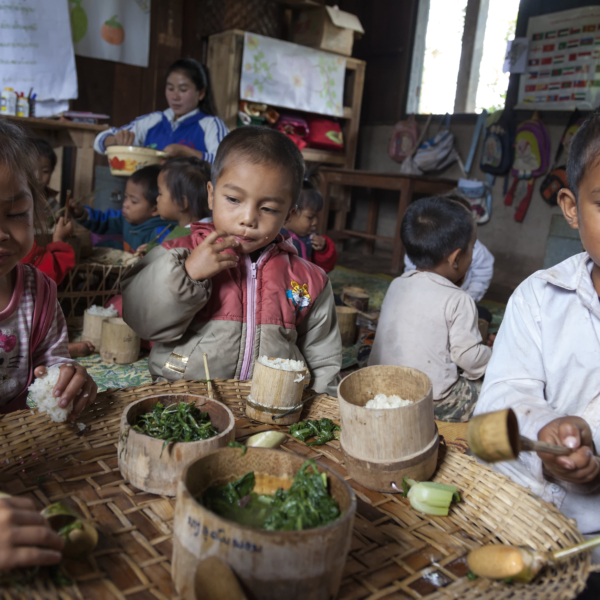Diarrhoea is recognised as one of the leading causes of mortality among children under 5 years of age, with around 500,000 deaths annually, the majority of which are reported in low- and middle-income countries (LMICs).
Diarrhoea contributes to significant morbidities such as malnutrition and stunting via gut inflammation and poor nutritional absorption. Contaminated food has been found to be associated with higher frequency of diarrhoeal episodes and malnutrition in Bangladesh. In Bangladesh, foodborne pathogens such as rotavirus, Shigella, Aeromonas, and Campylobacter have been identified as major contributors to diarrhoeal diseases among children.
In this study the impact of a scalable food hygiene intervention, specifically meat safes is being explored to reduce the microbiological contamination of complementary foods for children under 5 years of age in urban Bangladesh. The objective is to determine the individual effects of different food hygiene interventions, using scalable enabling technologies, on the microbiological contamination of complementary foods for children in urban Bangladesh.
The specific aims include:
- Assess the effect of meat safes, locally available low-cost mesh cabinets, on microbiological contamination of complementary food.
- Assess the effect of mesh food covers on the microbiological contamination of complementary food.
- Assess household compliance of the different scalable food hygiene interventions using enabling technologies, and identify barriers to sustained adoption that can inform efforts to improve the intervention.
- Assess the cost-effectiveness of the different scalable food hygiene interventions using enabling technologies compared to conventional methods of food hygiene education and promotion through repeated counselling by health promoters.
- Research Team Members: Dr. Stephen P. Luby & Dr. Kelley Zhang

